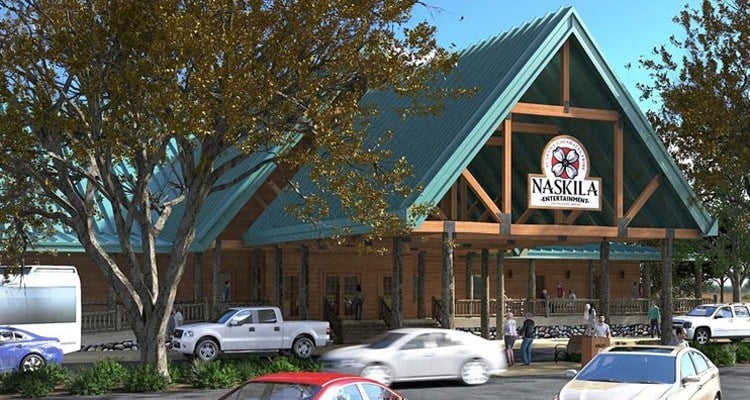A Houston man who was injured at a tribal bingo hall in East Texas last year argued in a federal lawsuit that the Alabama-Coushatta tribe should be liable for damages because its “illegal gaming” activities undermined its sovereign immunity.

But the argument was rejected by the US District Court for the Eastern District of Texas this week and the case dismissed.
Plaintiff Burrel Jones visited the Naskila Gaming center in October 2019 on the Alabama-Coushatta’s reservation in Livingston, Polk County. On the way out, he slipped on a staircase, fracturing his humerus and sustaining radial nerve damage, both of which required surgery.
He also lost consciousness during the fall, resulting in impaired cognition and communication, impaired functional mobility and ADLs, impaired safety awareness, impulsivity, nausea, emesis and left medial leg pruritus, according to the lawsuit.
Immune Response
Federal and tribal governments generally enjoy immunity from lawsuits unless they specifically choose to waive this immunity. The Alabama Coushatta’s status as a federally recognized tribe means it enjoys sovereign immunity as a tribal nation.
But Jones argued that the tribe had abrogated its immunity and tribal status by “repeated violations” of the Texas Restoration Act, the legislation that re-established the relationship between the Alabama-Coushatta and the federal government and restored the tribe its land.
The act stipulated that tribe is prohibited from offering any type of gambling that is not available elsewhere in Texas.
This has been a bone of contention between the tribe and the state for some time. The Alabama-Coushatta argue that the class II electronic gaming machines on offer at Naskila Gaming are consistent with the charitable bingo games available across Texas.
The state’s attorney general, Ken Paxton, begs to differ. He wants to close down Naskila Gaming and is demanding a $10,000 penalty for every day the facility has been open since May 2016.
The matter is the subject of ongoing litigation, but a bill currently in Congress, sponsored by US Rep Brian Babin (R-Texas), seeks to have the anti-gaming clause wiped out.
Common-Law Right
Layers for the tribe argued that since the state and the tribe are already engaged in litigation, any declaration on the legality of gaming in a separate case would be “particularly inappropriate.”
Moreover, even if the tribe were in violation of the Restoration Act, this would not waive its immunity, lawyers said, and the plaintiff’s lawsuit did not demonstrate how it could.
“Tribal immunity is a common-law right of the Tribe that exists independent of the Restoration Act, subject to express modification by Congress or the Tribe itself (which does not exist here),” argued the tribes’ lawyers in a motion to dismiss.
“No violation of the Restoration Act could even conceivably give rise to judicial revocation of the Tribe’s centuries-old sovereign authority,” they added.
The judge agreed that only Congress could repudiate the doctrine of sovereign immunity and not the courts, which meant the case had no standing.
The post Judge Tosses Case Questioning Texas Tribe’s Sovereign Immunity Due to ‘Illegal Gaming’ appeared first on Casino.org.
Via Casino.org https://www.casino.org/news